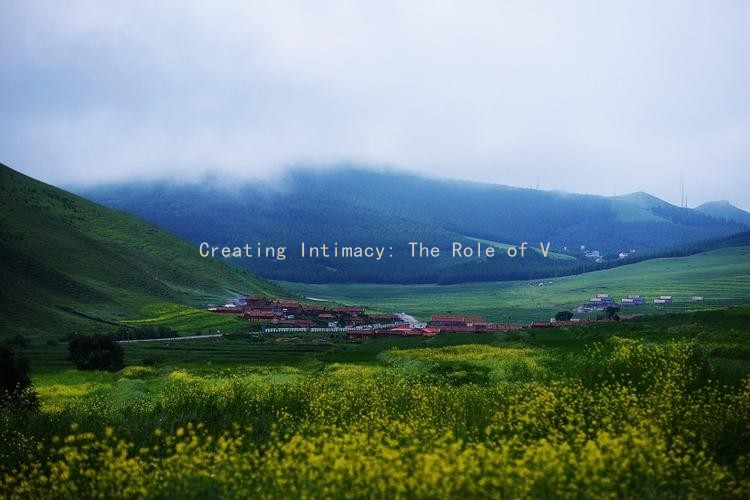Creating Intimacy: The Role of Vulnerability in Romantic Relationships
Creating Intimacy: The Role of Vulnerability in Romantic Relationships
Intimacy in romantic relationships is often considered a cornerstone of lasting love and connection. While many factors contribute to this sense of closeness, one of the most powerful elements is vulnerability. The act of sharing our innermost thoughts, fears, and desires with our partner creates an environment where both individuals feel safe and understood. This article explores the importance of vulnerability in cultivating intimacy and offers practical tips for couples looking to deepen their emotional connection.
At its core, vulnerability involves exposing our true selves to another person. This can be daunting; after all, revealing our insecurities and weaknesses can leave us feeling exposed. However, it is precisely this openness that fosters genuine intimacy. When partners reveal their authentic selves, they allow each other to see beyond the masks they wear in daily life. This transparency builds trust, which is essential for a healthy relationship.
One of the primary reasons vulnerability is so vital in romantic relationships is that it encourages emotional closeness. When one partner takes the courageous step to share a personal story or express a fear, it invites the other to respond in kind. This back-and-forth exchange creates a safe space where both individuals can articulate their feelings without fear of judgment. It becomes a process of mutual sharing, reinforcing the bond between them.
Moreover, vulnerability can lead to increased empathy. When we listen to our partner’s struggles and triumphs, we gain a deeper understanding of their experiences. This empathy fosters compassion and support, essential ingredients for a thriving relationship. As partners become more attuned to each other’s needs, they can address issues in a more constructive way, enhancing their emotional connection.

To cultivate vulnerability in a relationship, open communication is crucial. Couples should prioritize setting aside time to talk openly about their feelings, thoughts, and aspirations. This means actively listening to each other without interruptions or defensiveness. Couples might consider creating a weekly “check-in” where they discuss not only their individual experiences but also the dynamics of their relationship. This regular practice can normalize vulnerability and make it easier over time.
Additionally, being vulnerable requires a willingness to embrace discomfort. It’s natural to fear rejection or misunderstanding when sharing our true selves. However, confronting these fears can lead to growth both individually and as a couple. Partners should remind themselves that vulnerability is a strength rather than a weakness. It’s an opportunity to deepen their connection and enhance their relationship’s emotional landscape.
There are also practical ways to express vulnerability. Simple practices like journaling about personal experiences or feelings before a conversation can help individuals articulate their thoughts more clearly. Another effective strategy is to share “I statements” rather than “you statements.” For example, saying “I feel anxious when…” instead of “You make me anxious when…” can prevent defensiveness and promote open dialogue.
Moreover, creating a supportive environment is essential for vulnerability to thrive. Couples should cultivate an atmosphere of acceptance and love, where mistakes and weaknesses are viewed as part of being human. Celebrating each other’s authenticity and providing reassurance can help diminish fears associated with being vulnerable.
In conclusion, vulnerability plays a crucial role in creating intimacy in romantic relationships. By fostering open communication, embracing discomfort, and providing a supportive environment, couples can deepen their emotional connection and build a love that withstands the test of time. Ultimately, it is through vulnerability that partners can truly connect on a profound level, paving the way for a more enriching and fulfilling relationship.





